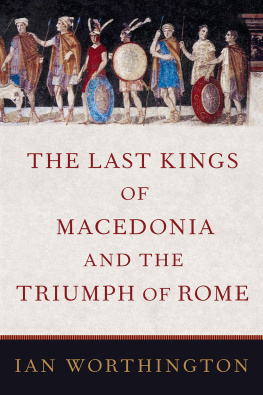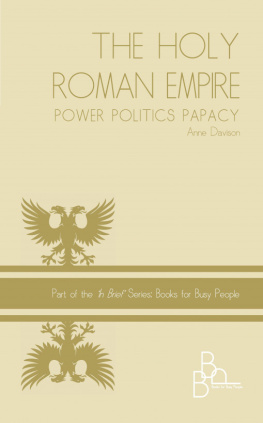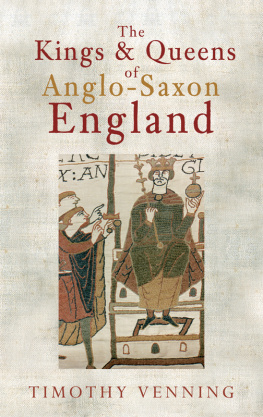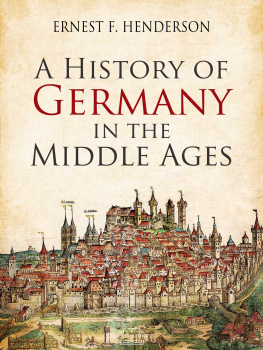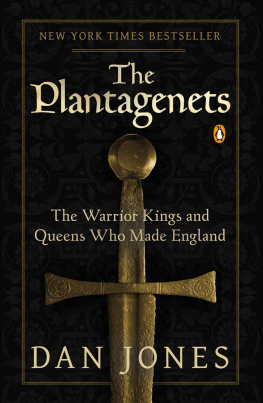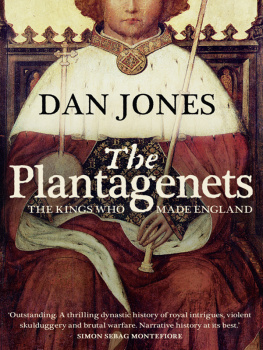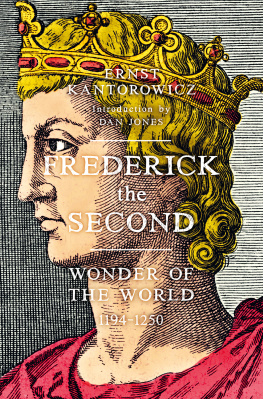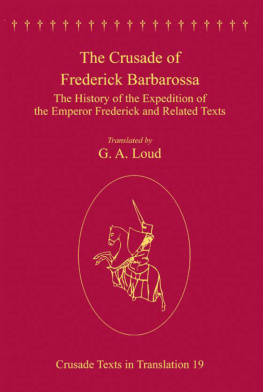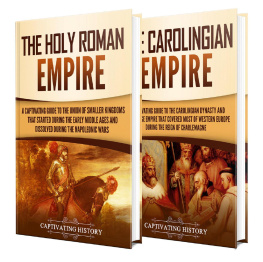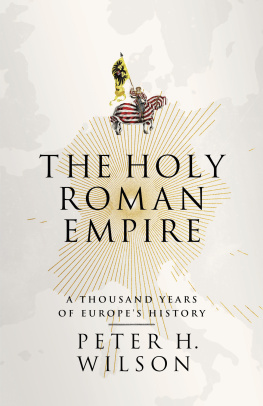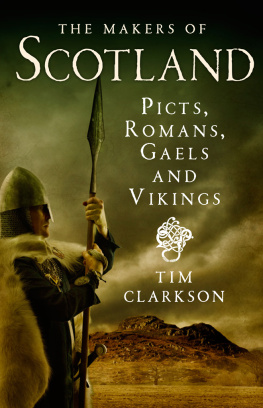The Mighty Warrior Kings
To Joyce
Out of the bleakness of the cold and dark winter days
That sweeps across the barren garden
You bring the first rose of spring to me
Now walk with me through fields of golden flowers
And be my love in joy and tranquillity
The Mighty Warrior Kings
From the Ashes of the Roman Empire to the New Ruling Order
Philip J Potter
First published in Great Britain in 2020
by Pen & Sword History
An imprint of
Pen & Sword Books Ltd
Yorkshire Philadelphia
Copyright Philip J Potter 2020
ISBN 978 1 52675 626 8
eISBN 978 1 52675 629 9
Mobi ISBN 978 1 52675 628 2
The right of Philip J Potter to be identified as Author of this work has been asserted by him in accordance with the Copyright, Designs and Patents Act 1988.
A CIP catalogue record for this book is available from the British Library.
All rights reserved. No part of this book may be reproduced or transmitted in any form or by any means, electronic or mechanical including photocopying, recording or by any information storage and retrieval system, without permission from the Publisher in writing.
Pen & Sword Books Limited incorporates the imprints of Atlas, Archaeology, Aviation, Discovery, Family History, Fiction, History, Maritime, Military, Military Classics, Politics, Select, Transport, True Crime, Air World, Frontline Publishing, Leo Cooper, Remember When, Seaforth Publishing, The Praetorian Press, Wharncliffe Local History, Wharncliffe Transport, Wharncliffe True Crime and White Owl.
For a complete list of Pen & Sword titles please contact
PEN & SWORD BOOKS LIMITED
47 Church Street, Barnsley, South Yorkshire, S70 2AS, England
E-mail:
Website: www.pen-and-sword.co.uk
Or
PEN AND SWORD BOOKS
1950 Lawrence Rd, Havertown, PA 19083, USA
E-mail:
Website: www.penandswordbooks.com
Contents
Prelude
During the era of Pax Romana , the Roman Empire brought 200 years of order, stability and prosperity to a large region of Europe, whose boundaries stretched from Britain in the north to the Danube in the east, south to Egypt and along the coast of northern Africa to Spain in the west. The assassination of Julius Caesar in 44
bc
was the stimulus for the creation of the Pax Romana . Following Caesars death, a period of civil war erupted for control of Rome. From this ruthless turmoil the Second Triumvirate emerged, with Marius Lepidus, Mark Antony and Octavian ruling jointly in the name of the people. The new triumvirate governed for ten years before internal dissent again broke out in civil war. After Lepidus was forced out of the government, Octavian moved against Antony, defeating him at the Battle of Actium on 2 September 31
bc
. He was now acknowledged as master of the Roman world and his reign marked the beginning of the Pax Romana .
The Roman Empire reached its peak of power in
ad
180 under the reign of Emperor Marcus Aurelius. Thereafter, its western lands began a gradual deterioration militarily, politically and economically. The decline and eventual collapse of the Empire took place over a period of years before reaching its climax in the middle of the fifth century. The final phase of Romes demise began in the mid-fourth century as the Huns stormed out of central Asia, driving the local Germanic tribes westward into a collision with the Romans. In 376 the pagan Visigoths crossed the Danube, which had served as the boundary of the Roman Empire in the east, driving back the imperial troops. In the following years the barbarians swept through the Empire, with the Visigoths seizing control of Spain, the Franks occupying Gaul and the Burgundians settling in south-eastern France, while the Angles and Saxons crossed the Channel to take possession of current-day England, beating back the native Britons to establish their independent rule. In the aftermath of the sack of Rome by the Vandals in 455, Italy was ruled by a succession of pagan generals and the Roman emperor served only as a figurehead. In 476 the Germanic mercenary soldiers, who made up the majority of the imperial army, rebelled and proclaimed their chieftain, Odoacer, as king. After defeating the imperial forces at the Battle of Pavia, the last emperor, Romulus Augustus, was deposed, thus ending the Roman Empires rule across Europe. The year 476 marked the final breakdown of the centuriesold Roman political system and the dawn of the so-called Dark Ages that swept across the defenceless European lands.
In the vacuum created by the collapse of the Roman Empire, pagan chieftains seized power by force of arms, creating new kingdoms that would battle for supremacy across Europe. The Germanic tribes across the eastern bank of the Danube continued to rule their lands, while to the west in modern-day France, the Franks began to consolidate their power. The invading Angles, Saxons and Jutes established their independent monarchies in Britain. In current-day England, the small kingdom of Kent developed in the fifth century after the immigration of the barbarian Jutes. Located on the south-eastern coast of England, between Wessex and Mercia, the kings of Kent struggled to maintain their independence against their larger, stronger neighbours. The monarchy of East Anglia, situated north of Kent, was settled in the fifth century. During the 700s, the Kent regime fell under Mercian control and was later incorporated into Wessex. To the north, Northumbria was established from the small Deira and Bernicia monarchies and united by King Aethelfrith in the early seventh century. Northumbria suffered severely from frequent Viking raids and pillaging attacks across the North Sea. Mercia developed into one of the most powerful Anglo-Saxon realms. In the seventh and eighth centuries, Mercian might and influence was at its summit, but its dominance later passed to Wessex. Wessex was the last Anglo-Saxon demesne to be settled, later developing into the nucleus for a united kingdom of England. It was founded in the sixth century with the migration of Germanic immigrants and Jutes from Kent. Wessex gained greatly from the damage inflicted on its rivals East Anglia, Northumbria and Mercia by the unrelenting Viking forays. Beginning in 802 under the rule of King Egbert, the monarchy of Wessex expanded its lands to reign over most of modern-day England, with only Mercia and Northumbria retaining their independence. However, the political system of England began to crumble in the 850s as the Vikings from Scandinavia overran the Anglo-Saxon kingdoms and created a new ruling order.
While the Angles, Saxons and Jutes established their kingdoms in Britain, across the English Channel in Gaul modern-day France the Franks had become the dominant tribe, first settling in the north-west of the region. By the middle of the fifth century, northern Gaul had been brought under the Franks control by the first Merovingian king, Childeric. He unified the north-west Salian tribes and in 481 bequeathed to his son, Clovis, the beginnings of a united France. After safeguarding his sovereignty over the northern tribes, in 500 Clovis began the conquest of southern Gaul, which was completed seven years later following his victory over the Visigoths at Poitiers. In the aftermath of Clovis death in 511, the Merovingian realm was thrown into 250 years of internal turmoil under the reigns of weak, ineffectual kings, resulting in the break-up of the kingdom into sub-monarchies and ongoing civil wars. There were twenty recognized Merovingian monarchs, who reigned primarily in only Austrasia in north central Gaul and Neustria in the north-west. The southern areas of Aquitaine, Septimania and Burgundy were largely lost to local kings, who were dominant enough to establish their own regimes.


